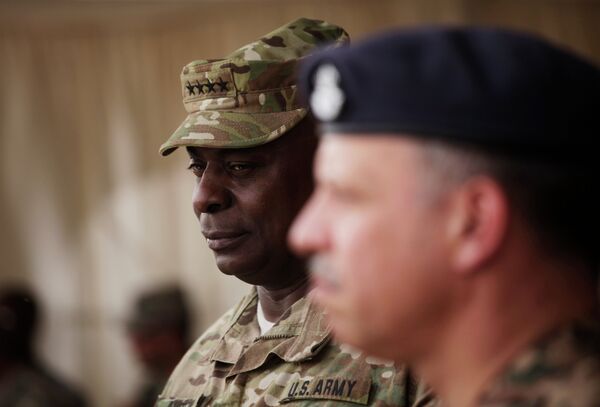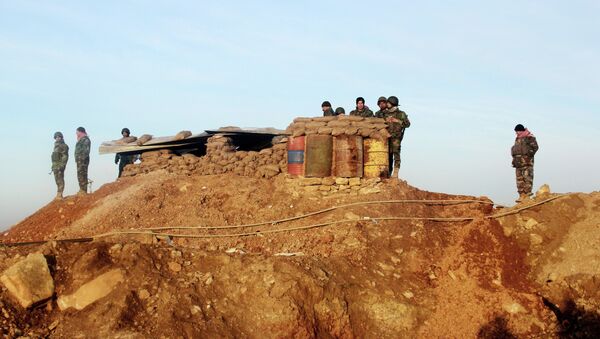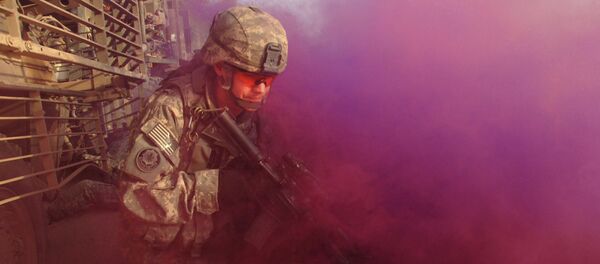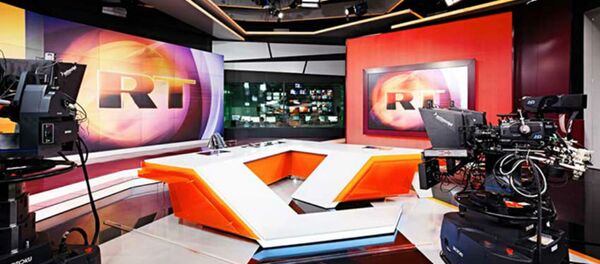Head of U.S. Central Command, Lloyd Austin, told the Wall Street Journal that a battalion of Kurdish and Western-trained Iraqi soldiers should be prepared to retake Iraq’s second-largest city this spring or summer.
The attack will follow a long campaign of coalition airstrikes which has killed thousands of jihadists and cut off Islamic State supply lines into the city.

Generals still seem to be debating on whether or not to recommend the involvement of U.S. ground troops.
“If we did things alone or with some of the other allies on the ground, it could move faster,” Austin told the Journal. “But the Iraqis have to do this themselves.”
A City on Fire
ISIL managed to take control of Mosul during the early stages of its massive land grab. Since, it has transformed the city into a microcosm for the group’s ideals. Internet videos posted from the city depict the stoning of women, the crucifixion of men accused of robbery, and homosexuals being thrown from rooftops.
Adding to these displays of internal violence done in the name of justice, continued attacks by Kurdish forces outside the city create a nightmarish landscape.
The severing of ISIL supply lines has forced the construction of a number of makeshift oil refineries, dotting the skyline and wrapping the city in clouds of black smoke.
A source inside Mosul told Reuters that ISIL is hiring contractors to heavily fortify the city. A six-foot deep trench will be dug around the city. Western entrances have already been sealed by large cement walls. Tactical bridges have been demolished.
ISIL is clearly intent on hanging onto the stronghold. The group has installed its own tax collection system which continues to fund their operations, and an estimated $429 million was stolen from the city’s central bank during the initial siege.
Many resistance fighters, known as the Mosul Liberation Battalions, are running low on arms. They have been forced to fight with whatever weapons they can find within the city walls. The Iraqi government is also asking for weapons to arm their own military units.
Even if coalition troops were to be sent in to help regain control, ISIL will doubtlessly put up a strong fight to maintain one of its largest profit machines, and fighting amidst Mosul’s dwindling population of nearly 600,000 civilians will make things even harder.




